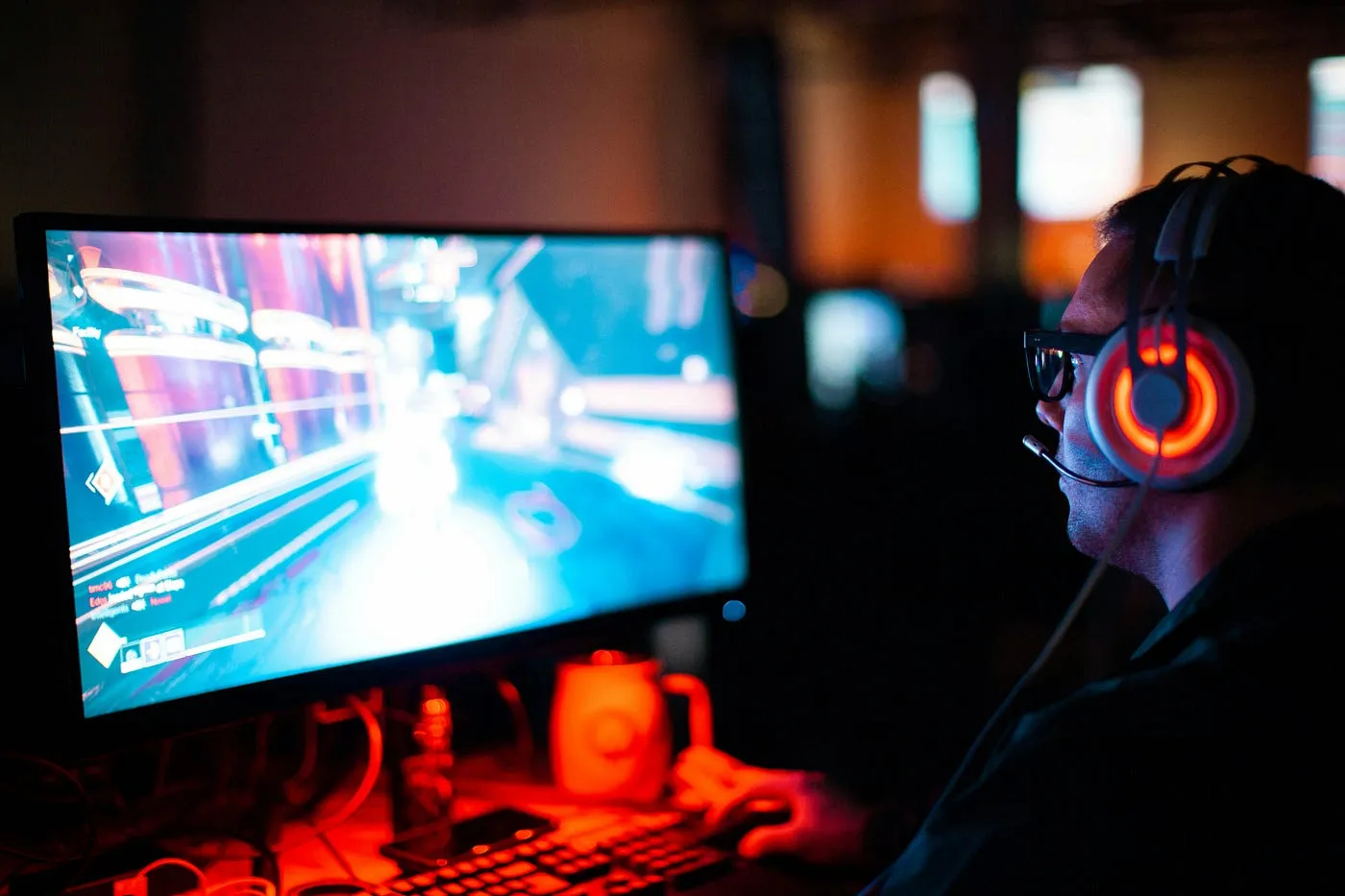What began as a form of digital entertainment has grown into a full-blown lifestyle for millions across the globe. Online ufa888 is no longer confined to teenage bedrooms or cyber cafés—it’s everywhere. From daily mobile sessions to late-night raids with international teammates, gaming has evolved into a culture, a career path, and even a social lifeline. This article explores how online gaming has become an essential part of modern life, changing the way we socialize, work, and live.
More Than a Game: A Global Culture
Online gaming isn’t just about winning or losing it’s about belonging. Players from different countries, backgrounds, and age groups are united by their favorite games. Whether it’s teaming up in Apex Legends, running a dungeon in World of Warcraft, or catching up during a co-op session of Among Us, games are shaping a shared global language.
Gamers today form clans, guilds, and communities that extend far beyond gameplay. There are online forums, memes, fan art, cosplay, and even in-game fashion trends. Games like Fortnite host virtual concerts and fashion shows, turning the platform into a cultural gathering space.
Online Gaming and Social Connection
In an increasingly digital world, online gaming has emerged as a powerful social connector. It enables people to maintain friendships, meet new people, and form strong online bonds sometimes stronger than those in real life. Multiplayer games often require teamwork, communication, and strategy, fostering meaningful relationships.
During global lockdowns, millions turned to online games as a substitute for real-world interaction. Games like Animal Crossing: New Horizons offered a calming escape and a way to “visit” friends virtually. Couples have even met and fallen in love through games.
Gaming as a Career
What was once a hobby is now a viable profession. Here’s how people are making a living through online gaming:
- Streaming & Content Creation: Platforms like Twitch, YouTube, and Kick let gamers broadcast their sessions to thousands or even millions of fans. Streamers build loyal followings and earn money through ads, sponsorships, donations, and subscriptions.
- Esports Professionals: Competitive players compete at the highest levels in tournaments with cash prizes, team salaries, and international recognition. Esports now rival traditional sports in viewership and revenue.
- Game Development & Design: Many gamers transition into roles as developers, designers, writers, or marketers within the industry, creating the games they once played.
In-Game Economies and Real-World Value
Online games now feature complex virtual economies. Players can buy, trade, or earn virtual goods some of which hold real-world monetary value. Rare skins in Counter-Strike 2 or NFTs in blockchain-based games can sell for thousands of dollars. Games like Roblox and Minecraft let players monetize their creativity by designing and selling game elements.
This economic layer adds new depth to gaming, creating opportunities for entrepreneurship, digital asset trading, and even financial literacy in younger players.
Mental Health and Emotional Benefits
Contrary to old stereotypes, online gaming can support emotional well-being. Here’s how:
- Stress Relief: Games provide a mental escape from daily pressures. Immersive worlds and engaging challenges can reduce anxiety and help players unwind.
- Self-Esteem and Achievement: Completing quests, ranking up, or unlocking rare rewards offers a sense of progress and accomplishment.
- Community and Belonging: For people dealing with isolation or social anxiety, online gaming can offer a safe space for expression and connection.
Of course, balance is key. Like any hobby, too much gaming can lead to negative effects if it interferes with daily life, responsibilities, or sleep.
Gaming and Education
Online games are increasingly being used in education and skill-building:
- Problem-Solving and Critical Thinking: Strategy games and puzzle-solving require deep thinking and adaptability.
- Collaboration and Communication: Multiplayer games promote team dynamics, leadership, and decision-making.
- Learning Through Play: Educational games like Kahoot! or Minecraft Education Edition are used in classrooms to make learning fun and interactive.
Gaming on the Go: The Mobile Boom
Smartphones have made online gaming more accessible than ever. Mobile games like Clash of Clans, Free Fire, and Genshin Impact let users play anywhere, anytime. This has especially boosted gaming in developing countries, where mobile is the primary form of internet access.
With 5G and cloud gaming, high-performance titles that once needed consoles or PCs can now be streamed directly to your phone.
The Role of Virtual Worlds in Identity
Many ยูฟ่า888 today allow for rich customization. Players can design their avatars, homes, and even entire worlds. Games like The Sims, Second Life, and VRChat give users the freedom to express themselves in ways they may not feel comfortable doing in real life.
This digital identity flexibility has empowered many to explore aspects of themselves, discover new interests, or build confidence.
The Metaverse and the Future of Online Gaming
The concept of the metaverse—a persistent, shared virtual world owes much of its momentum to online gaming. As tech companies invest in VR and AR, gaming is expected to be the gateway to immersive metaverse experiences.
Imagine attending a virtual class, hosting a business meeting, or watching a live concert inside your favorite game. We’re on the brink of turning games into all-encompassing digital environments.
Online Gaming Etiquette and Digital Citizenship
As the online gaming world grows, so does the need for respectful behavior. Toxicity, cheating, and online harassment remain issues, but many companies are actively moderating communities and offering tools for safer gaming.
Educational campaigns now focus on digital citizenship, teaching players especially younger ones how to interact positively and responsibly online.
Conclusion
Online gaming is no longer just a form of entertainment it’s a cultural force, a lifestyle, and a global community. It shapes how we socialize, work, learn, and even think. As technology continues to evolve, the line between gaming and reality will continue to blur, offering even more ways for people to connect, create, and thrive in digital spaces.
Whether you’re a casual mobile gamer or a dedicated esports competitor, one thing is clear: online gaming is here to stay and it’s only getting bigger, better, and more meaningful.












